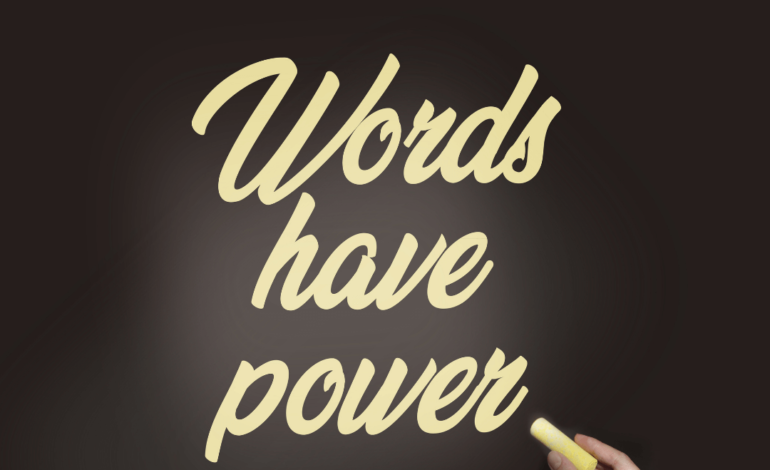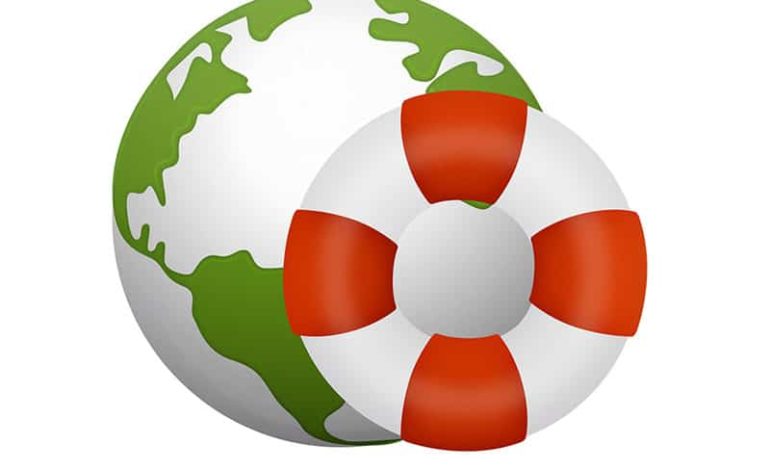Language matters, especially when it comes time to mental health and addiction. Fortunately, how we view mental health and addiction has improved dramatically over the past few decades, and even in recent years, we still have a long way to go. For example, many generations have grown up in a society where stigmatizing words such as “psycho,” “looney,” and “crazy” were acceptable words to describe an individual. These words are no longer acceptable in current times but are still used across many platforms, including social media and in everyday language.
How the brain processes language
When it comes to language, our brain produces a response to words, a process known as “associative activation.” When we see or hear a word, our brain forms an idea followed by an emotion which often produces an action or reaction. Language produces a cascade of activity in our brain that happens quickly, with no virtual conscious control. It produces a series, or a pattern, of cognitive, emotional, and physical responses. We respond to words without even realizing it. As a result, stigmatizing language has an immediate visceral adverse reaction. When we hear words like “crazy,” “addict,” or “alcoholic,” we immediately label the individual as bad, simply because of the stigmatizing language that our brain processes into a visceral negative emotion.
Stigmatizing language is one of the many barriers to seeking treatment for a substance use or mental health disorder, as many individuals do not want to be “labeled.” Stigma is often defined as the negative view and attitude toward people or ideas based on distinguishing characteristics. In terms of mental health and addiction, stigma can lead to poorer health outcomes as individuals who face stigma are less likely to seek treatment and are more likely to struggle with self-esteem issues. Stigmatizing language in the mental health and addiction realm is everywhere, from social media and the general public to books, television, and healthcare providers. How we use our words can make a huge difference.
“In a perspective published in Neuropsychopharmacology, leaders from the National Institutes of Health address how using appropriate language to describe mental illness and addiction can help to reduce stigma and improve how people with these conditions are treated in health care settings and throughout society.”
Adopting “person-centered” language
An individual’s mental health is only one aspect of who they are, as their mental health does not define them, and using stigmatizing language to describe the person can be harmful. For example, instead of calling someone “mentally ill,” a more respectful, people-first way of phrasing it is to say “a person living with a mental health condition.” Words like “addict,” “alcoholic,” and “abuser” put a strong emphasis on the person rather than the disorder. Reframing these terms into a more appropriate language so it does not label the person is the key to de-stigmatizing these words. For example, language such as “the individual with a mental health disorder” or “the individual with a substance use disorder” is a more appropriate language that puts the person first and strays away from stigmatizing words. Describing someone as “schizophrenic” or “psychotic” immediately uses the mental health disorder to define the person, when instead, mental health is only one aspect of this whole person. A more appropriate, “person-centered” language would be “someone living with schizophrenia” or “someone living with psychosis.” Therefore, the person has emphasized first rather than the disorder. The public often views living with a mental health disorder as a character flaw when mental health disorders are brain disorders and should be treated like any other medical disorder. Changing the verbiage can change how the public views mental health and addiction.
Think before you speak: appropriate language in the mental health world
“Died by suicide” instead of “committed suicide.”
“Survived a suicide” instead of “successful or failed attempt.”
“Use or misuse” instead of “abuse.”
“In treatment” instead of “getting clean.”
“Alcohol use disorder” instead of “alcoholic.”
“Substance use disorder” instead of “addict.”
“Addiction-free” instead of “sober.”
“Individual with alcohol use disorder” instead of “alcoholic.”
“Individual with substance disorder” instead of “junkie,” or “addict.”
“Substance/alcohol use disorder” instead of “addiction.”
Seeking treatment at AKUA Mind and Body
Seeking professional addiction treatment can help individuals overcome their addiction to substances and assist individuals in treating their underlying mental health disorder.
AKUA Mind and Body is a full-service addiction and mental health treatment center with multiple locations across California. We specialize in treating individuals struggling with mental health disorders, substance use disorders, and co-occurring disorders. We offer detoxification, medication-assisted treatment, and behavioral therapy approaches at all levels of care, ranging from residential settings to outpatient treatment. We pride ourselves on having a compassionate and knowledgeable treatment staff who cares about each client and their family.




